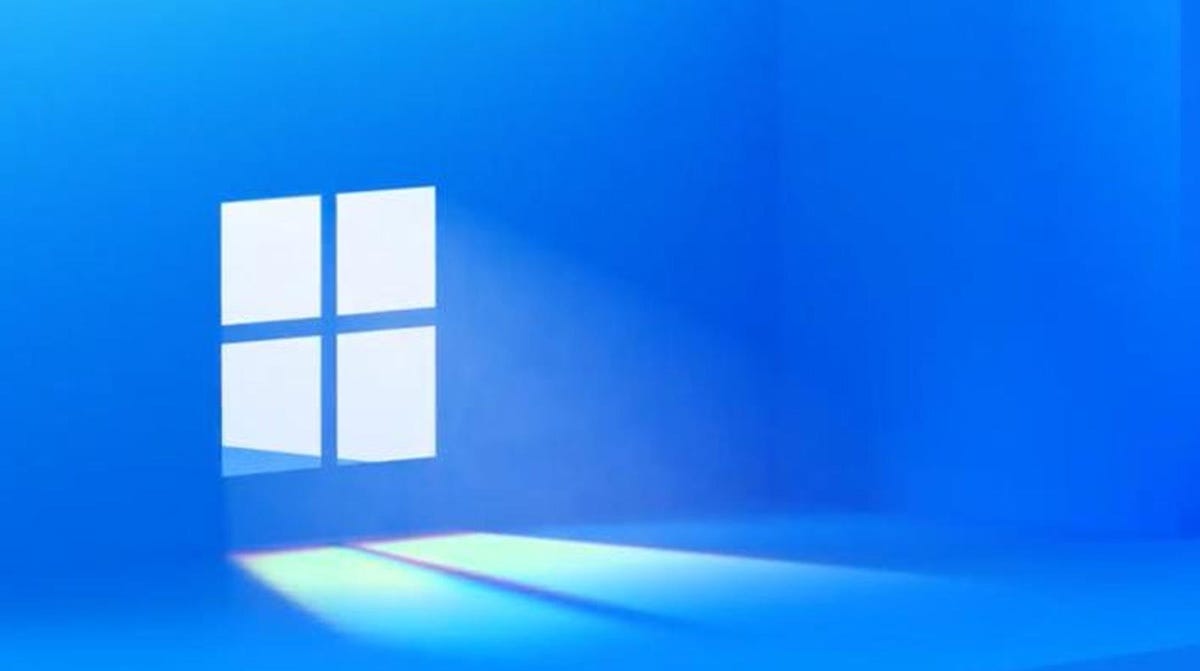
Creating new software isn't easy.
Launching it to real humans is also fraught with pitfalls.
You might think, though, that Microsoft[1] has had enough practice and comes prepared to deal with anything and everything.
If only it was that simple.
On introducing Windows 11[2] with great fanfare and incitement to aesthetic admiration, Microsoft was forced to admit that, no, not every PC will be able to run its new software.
Sadly, the company wasn't entirely sure which PCs would be eligible and which would be discarded to the detritus heap[3].
What does an experienced company do in times like this? Why, it decides to run a question-and-answer session[4] entitled "Windows 11 upgrade and deployment tools."
A wise modern idea, this. An idea, though, that needs to be entirely thought through.
For here was Aria Carley, a Microsoft senior program manager, declaring that she was supported by brilliant people who'd be able to answer "90% of your questions."
I confess to feeling a slight chill. What sorts of questions would be in the 10%? Something like "Why is Windows 11 a lot like Windows 10X[5]?"?
Carley began by extolling Intune and offering a little (attempted) humor: "If you're not using Intune today, that's OK. We recommend it, but we understand that there's other management tools out there. We forgive you. Huh. Mostly."
Please, I'm all for humor in this torrid world. This did, however, drift toward teacher-tells-you-off, which may not have been the ideal tone given the disquiet around important aspects of Windows 11.
Nevertheless, I persevered. A question came in from the viewing audience: If a device isn't "quite compatible" with Windows 11, will it

